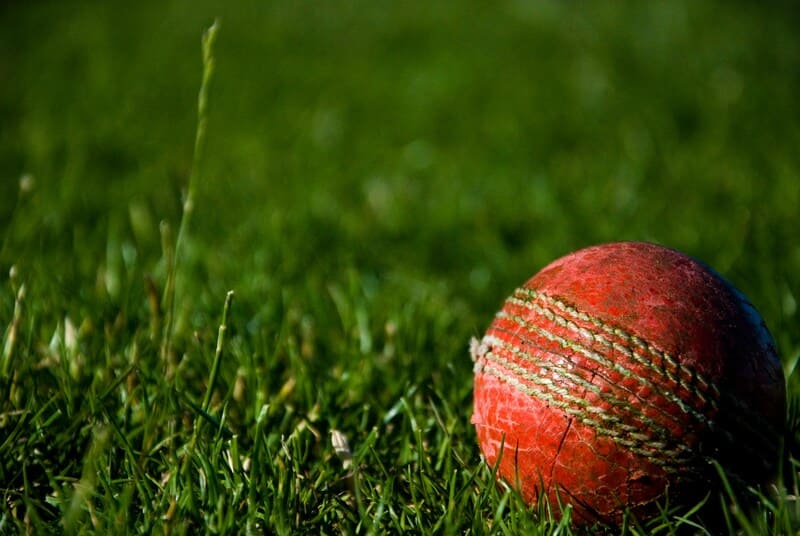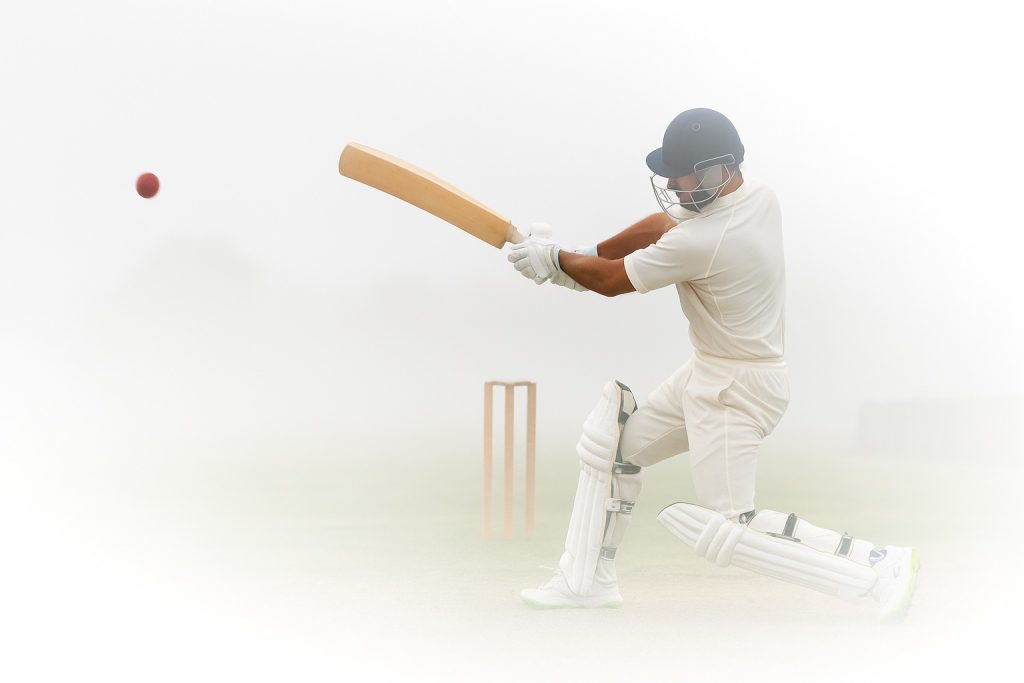The ICC Champions Trophy stands as one of the key international events in One Day International (ODI) cricket. The International Cricket Council (ICC) launched the tournament in 1998 to bring together the world’s top teams for a fast-paced competition. Unlike the World Cup, which includes more teams and a longer schedule, this tournament features only the highest-ranked sides, offering a more compact and intense format.
Initially known as the ICC KnockOut, the tournament adopted the “Champions Trophy” name in 2002. Since then, it has earned a reputation for producing high-quality cricket and thrilling contests.
Tournament History
Several past editions left a strong mark on international cricket:
- 1998 (Bangladesh) – South Africa claimed the title, powered by Jacques Kallis’s all-round brilliance.
- 2002 (Sri Lanka) – India and Sri Lanka shared the trophy after rain disrupted both final matches.
- 2004 (England) – West Indies lifted the trophy, securing their first major ICC title since 1979.
- 2006 (India) – Australia finally won their first Champions Trophy, after years of near misses.
- 2009 (South Africa) – Australia went on to defend their title successfully, dominating the tournament.
- 2013 (England) – India, led by MS Dhoni, edged England in a tense final affected by rain.
- 2017 (England) – Pakistan stunned India in a one-sided final at The Oval, completing a remarkable turnaround.
After 2017, the ICC paused the Champions Trophy to focus on other competitions like the World Test Championship and ODI Super League. However, due to its popularity and the demand for a second global 50-over event, the ICC revived it for 2025.
The ICC Champions Trophy 2025 marked the return of this prestigious One Day International (ODI) tournament after an eight-year hiatus. Co-hosted by Pakistan and the United Arab Emirates (UAE) from February 19 to March 9, 2025, the event featured the top eight teams from the 2023 Cricket World Cup. India clinched their third Champions Trophy title by defeating New Zealand in the final held in Dubai.
Tournament Format
The tournament followed a straightforward structure:
- Group Stage: Two groups of four teams each, with each team playing the others in their group once.
- Semi-Finals: The top two teams from each group advanced to the semi-finals.
- Final: Winners of the semi-finals competed in the final match.
This format ensured a competitive environment where every match held significant importance.

Participating Teams
The eight teams were divided as follows:
- Group A: India, Pakistan, Bangladesh, New Zealand
- Group B: Afghanistan, Australia, England, South Africa
Afghanistan made their debut in the Champions Trophy, while Sri Lanka failed to qualify for the first time.
Venues and Hosting
Matches were held across three venues in Pakistan—Karachi, Lahore, and Rawalpindi—and one in the UAE—Dubai. Due to security concerns, India played all their matches in Dubai, including the semi-final and final.
Tournament Highlights
- Champions: India secured their third title by defeating New Zealand in the final.
- Player of the Tournament: Rachin Ravindra (New Zealand) scored 263 runs, becoming the tournament’s top run-scorer.
- Most Wickets: Matt Henry (New Zealand) took 10 wickets, leading the bowling charts.
- Notable Matches:
- India vs. Pakistan group stage match in Dubai attracted significant viewership.
- Semi-finals saw India defeat Australia and New Zealand overcome South Africa.
